A day in the life of a child with ADHD

Meet Kayla, a seventh grader with ADHD. She’s a smart kid, but it’s hard for her to stay focused. Hyperactivity and self-control are also major challenges. To understand some of the ways ADHD affects kids, take a look at a day in Kayla’s life.
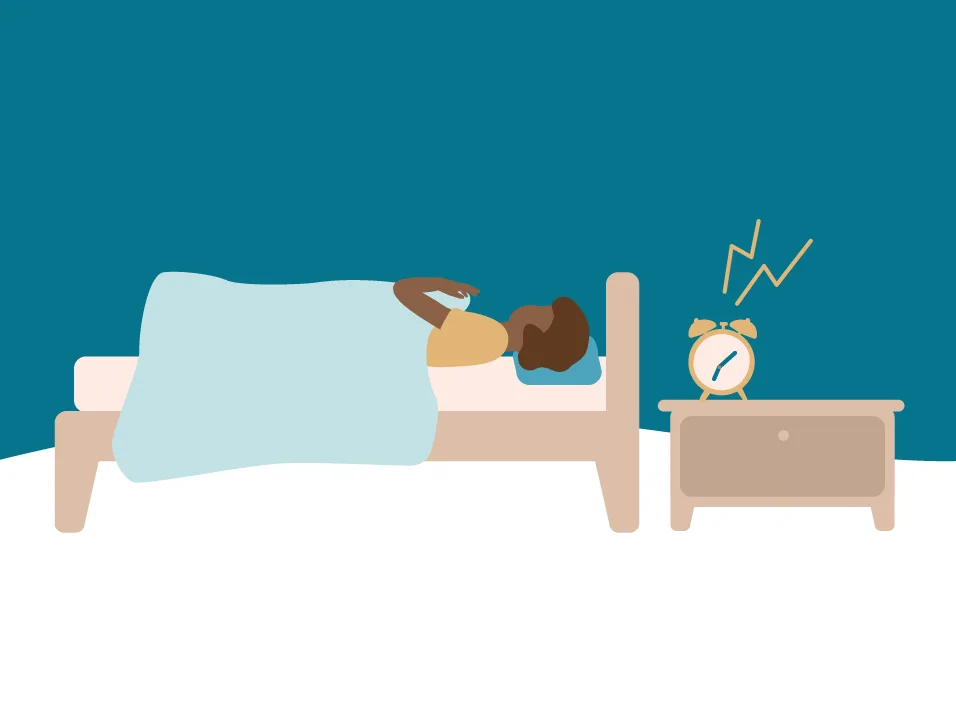
7:09 a.m.
Kayla has a really tough time waking up. ADHD makes it hard for her to fall asleep, and it affects the quality of her sleep too. She’s so tired she doesn’t notice her alarm blaring. When she finally gets up, she isn’t fully awake — she’s in a “twilight state” that can last for hours. Getting ready for school is a huge struggle for her and her family.
Challenges related to ADHD: Sleep problems, transitions

9:30 a.m.
Ugh, science lab. Kayla is interested in the experiments, but she can never remember what she’s supposed to do. She already asked a classmate what the second step was. But she doesn’t want to be annoying and ask about the third step too. Kayla is also distracted by the way the safety goggles look and feel.
Challenges related to ADHD: Getting easily distracted, trouble with focus
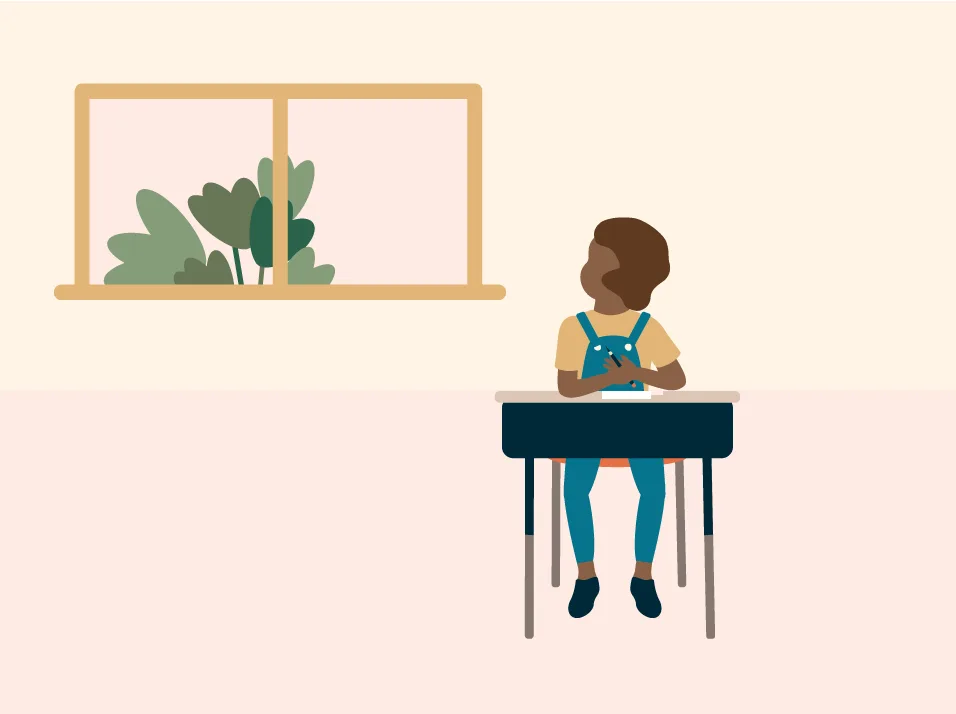
10:45 a.m.
The first question on the math test was easy, but the second one was hard. Now her mind is racing: “What if I fail? What will I tell Mom and Dad? What will the teacher say?” Her brain feels like it’s popping like popcorn. Then her mind kind of goes blank as she stares out the window.
Challenges related to ADHD: Anxiety, trouble with focus
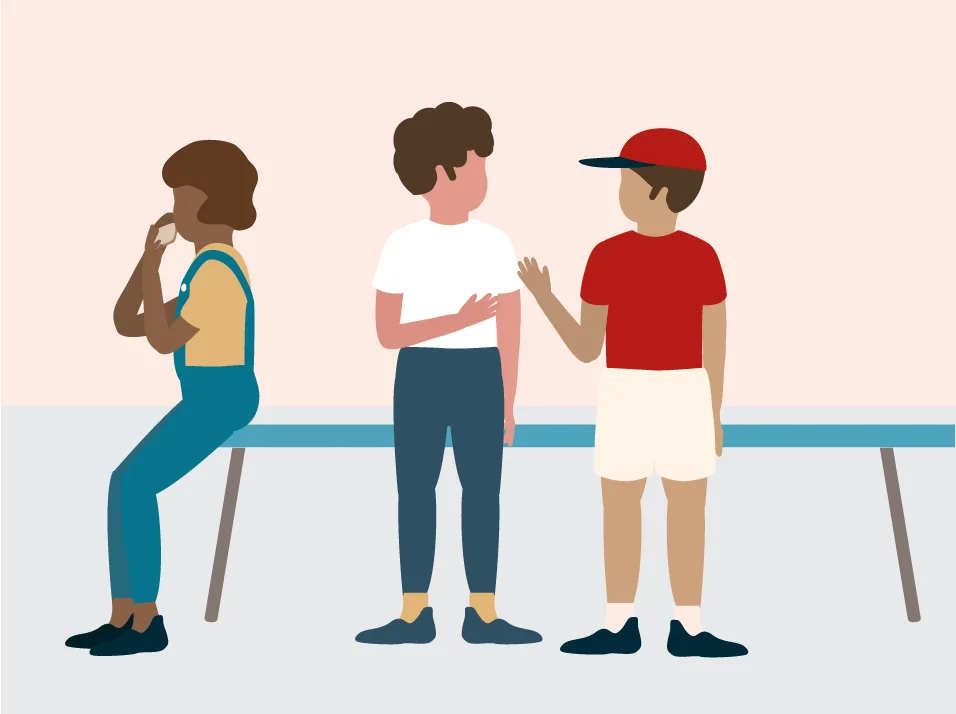
12:30 p.m.
Kayla wants to fit in, but she keeps breaking social rules. Her friends complain: “Kayla, stop interrupting!” “Stop being so nosy!” “Stop telling the same story AGAIN!” Her mood swings from very happy to deeply worried that she’ll become a social outcast. She also tends to snack a lot when she’s upset — even past the point where she feels really full.
Challenges related to ADHD: Self-control, managing emotions

1:45 p.m.
Last week, Kayla was bursting with ideas about the group project. But she forgot to finish the part she was supposed to do. She tries to listen to the teacher, but she keeps “spacing out.” She taps her pen and shakes her legs to help stay focused. But these movements often annoy the people around her.
Challenges related to ADHD: Staying on task, hyperactivity
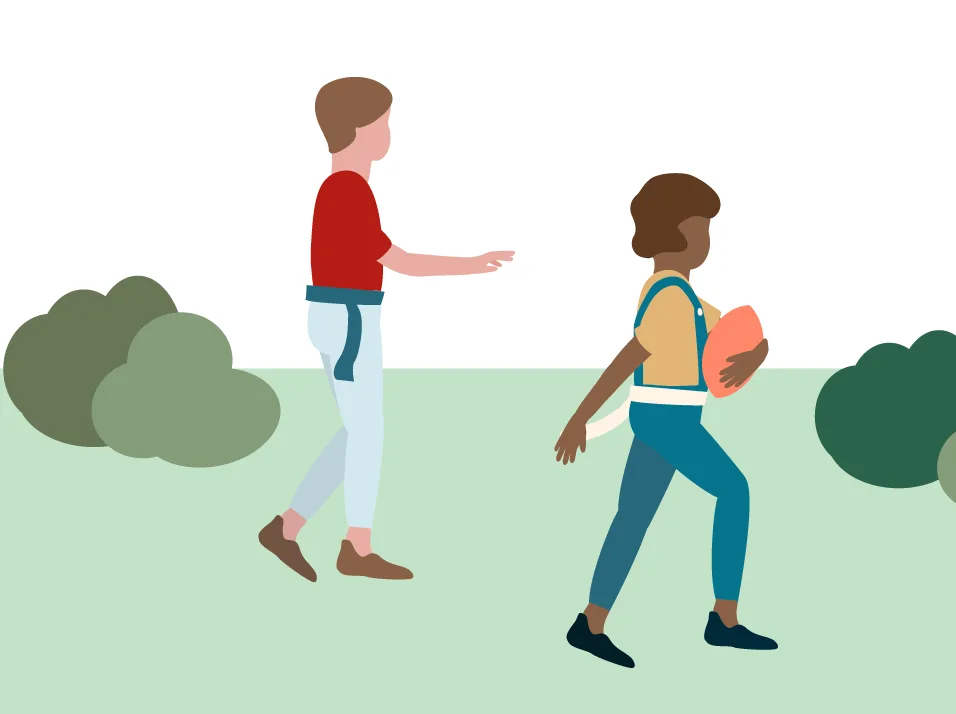
4:30 p.m.
Flag football! Kayla has fun — even though she’s always late. She knows all the plays really well. And she knows that exercise will help her focus on her homework later. It’s also nice being around kids who don’t go to her school. This is the one place where she doesn’t feel like a failure.
Challenges related to ADHD: Following a schedule, self-esteem

6 p.m.
After flag football, one of Kayla’s teammates asks to walk home with her. She’s thrilled because he’s a cool kid who always makes her laugh. While they’re waiting at an intersection, he surprises her by spray-painting a wall. Then he hands her the can so she can add to the design. She doesn’t stop to think about whether they might get in trouble.
Challenges related to ADHD: Impulsivity, risky behavior
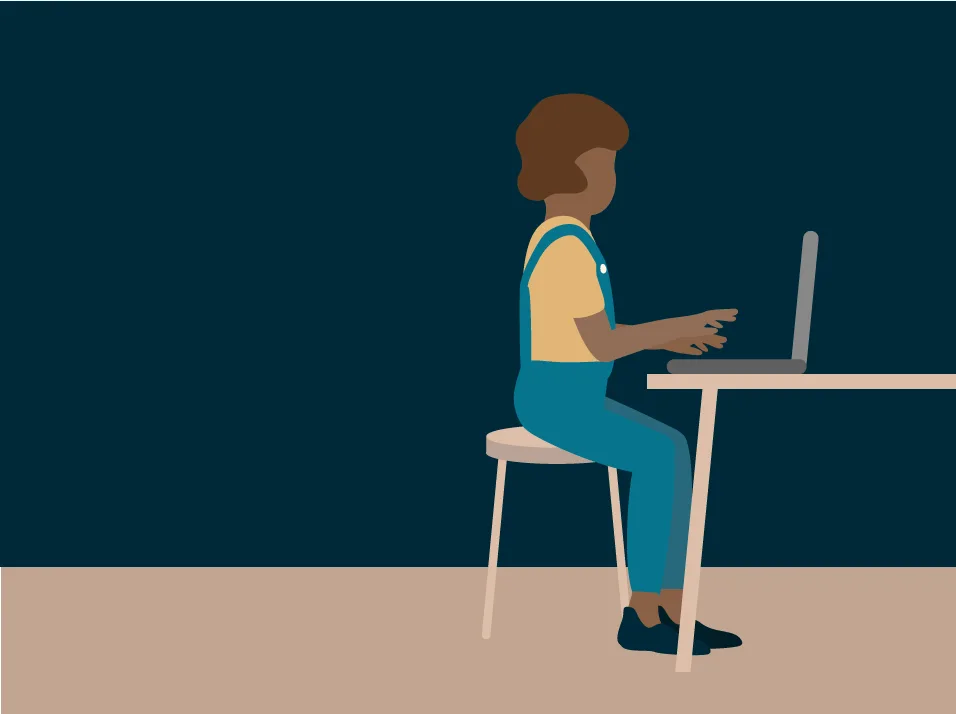
10:15 p.m.
Kayla’s big essay is due tomorrow. She always has trouble getting started, but she also thinks she works better under pressure. She’ll stay up extra late to finish and will be a total zombie tomorrow. But right now her deadline is helping her focus like a laser beam. She doesn’t even hear her mom yelling to get her attention.
Challenges related to ADHD: Starting tasks, hyperfocus
About ADHD
Attention-deficit hyperactivity disorder (ADHD) is common. But the way it affects people is more complicated than many people realize. It’s caused by differences in the brain, and it often runs in families.
There are three types of ADHD. Kids with the inattentive type may seem “daydreamy.” (This type of ADHD used to be called ADD.) Some kids mainly have trouble with hyperactivity and impulse control. But Kayla struggles with all of these. This combined type is the most common kind of ADHD.
Having ADHD doesn’t mean people aren’t smart. Most kids don’t outgrow it. But with the right support, they can thrive in school and in life. Watch a video on everything you need to know about ADHD.



